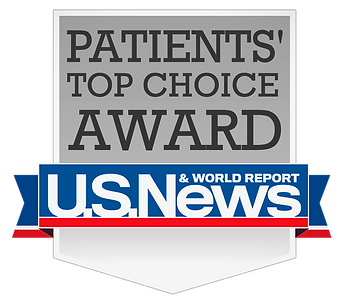In the digital age, the wealth of medical information available online is both a blessing and a curse. While it provides easy access to valuable health knowledge, it also opens the door to the rapid spread of medical misinformation. At our practice, we believe in empowering our patients with accurate, evidence-based information. This blog aims to shed light on the dangers of medical misinformation and offer practical tips on how to discern trustworthy medical advice.
The Dangers of Medical Misinformation
Medical misinformation can have serious consequences. Misleading information can lead to incorrect self-diagnosis, inappropriate use of medications, and a delay in seeking proper medical treatment. It can also foster mistrust in healthcare providers and promote harmful health practices. During global health crises, such as the COVID-19 pandemic, misinformation can exacerbate public health challenges, leading to increased spread of the virus and vaccine hesitancy.
 Common Sources of Medical Misinformation
Common Sources of Medical Misinformation
1. Social Media: Platforms like Facebook, Twitter, and Instagram can be hotbeds for the rapid spread of misinformation. Posts, tweets, and videos can go viral, reaching millions of people within hours, often without any fact-checking.
2. Unverified Websites and Blogs: Not all websites adhere to rigorous standards of medical accuracy. Some sites may prioritize sensationalism over factual reporting to attract more visitors.
3. Word of Mouth: Friends and family members, though well-intentioned, can spread incorrect information based on anecdotal evidence or outdated knowledge.
4. Misinformed Health Professionals: Unfortunately, not all healthcare providers are up-to-date with the latest medical guidelines and research, which can sometimes lead to the spread of outdated or incorrect information.
How to Identify Reliable Medical Information
1. Check the Source: Trust information from reputable sources such as government health agencies (e.g., CDC, WHO), respected medical institutions (e.g., Mayo Clinic, Johns Hopkins), and peer-reviewed medical journals.
2. Look for Evidence: Reliable health information is supported by scientific research and data. Check if the information cites studies, clinical trials, or expert opinions.
3. Beware of Sensationalism: Headlines that sound too good to be true or overly alarming are often misleading. Be cautious of clickbait.
4. Consult Your Healthcare Provider: Always discuss any health information you find online with your healthcare provider, who can provide context and clarify any doubts.
Our Commitment to Providing Accurate Health Information
At our medical practice, we are dedicated to providing our patients with reliable, up-to-date medical information. Here’s how we ensure accuracy in the information we share:
1. Evidence-Based Practice: Our healthcare providers follow evidence-based guidelines and continuously update their knowledge through ongoing education and training.
2. Patient Education: We prioritize patient education, taking the time to explain diagnoses, treatments, and procedures clearly and thoroughly. We encourage patients to ask questions and engage in their healthcare.
3. Trusted Resources: We provide patients with information from trusted sources, including printed materials, reputable websites, and referrals to specialists when necessary.
4. Open Communication: We maintain open lines of communication with our patients. If you come across confusing or conflicting information, we are here to help you navigate it.
What You Can Do
As a patient, you play a crucial role in combating medical misinformation. Here are a few steps you can take:
1. Verify Before Sharing: Before sharing health information on social media or with friends and family, verify its accuracy.
2. Educate Yourself: Take the initiative to educate yourself about common health myths and misinformation.
3. Engage in Open Dialogue: Have open and honest discussions with your healthcare providers about any health information you come across.
By working together, we can create a community that values and prioritizes accurate, evidence-based medical information. At our practice, your health and well-being are our top priorities, and we are committed to supporting you with the trustworthy information you need to make informed health decisions.






 Common Sources of Medical Misinformation
Common Sources of Medical Misinformation
